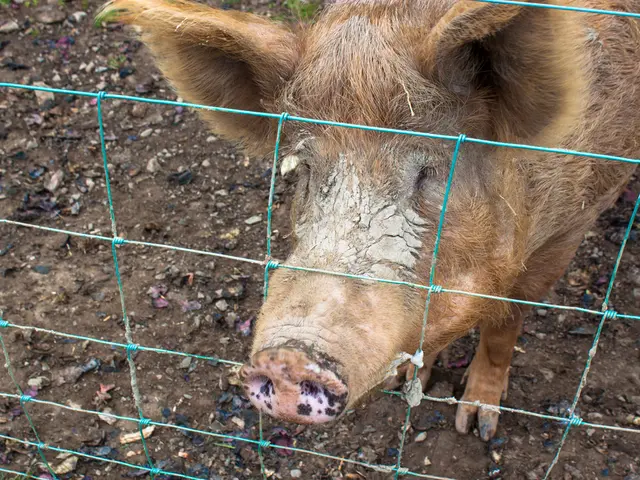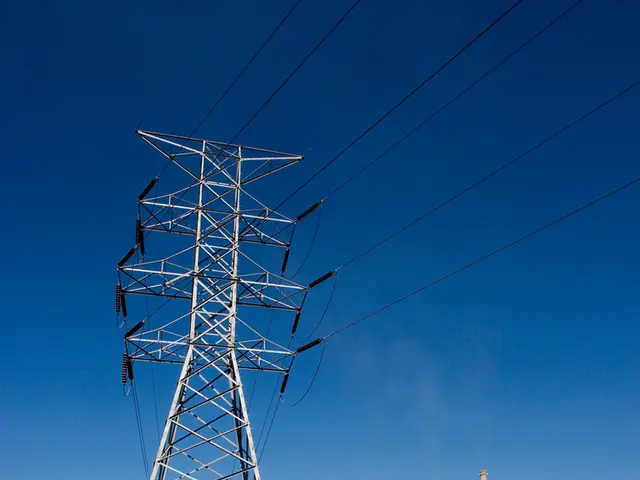Council applauds Commission's plan for forming a unified European structure
The Eurovision Song Contest (ESC), one of the most expensive live events in Europe since its inception in 1956, is currently facing its biggest test due to a dispute over Israel's participation in the upcoming contests.
Tensions have been brewing among the contest's participants for months, with protests at the ESC competitions in Malmo 2024 and Basel 2025 being caused by the ongoing situation in the Gaza Strip. At least 64,900 Palestinians, including many women and children, have been killed in the coastal region, according to figures from the Hamas-controlled Ministry of Health.
The European Broadcasting Union (EBU), the organisation responsible for the ESC, does not assess the political actions of the participating countries, but rather focuses on the independence of their broadcasting institutions, which then send the artists. The Israeli broadcaster, Kan, meets the EBU's requirements, but the Russian television is considered too close to the warring Russian state.
Negotiations between the EBU and Israel-critical participating countries, including Iceland and Belgium, are ongoing until December. Ireland, Spain, Slovenia, the Netherlands, and San Marino have threatened to boycott the Eurovision Song Contest 2026 if Israel is allowed to participate, citing Israel's military actions in Gaza, loss of civilian lives, attacks on journalists, and denial of access to international reporters as reasons for demanding Israel's exclusion.
Spain's broadcaster, one of the five major financial contributors, has threatened to withdraw if Israel sends an entry to the ESC 2026. The war in the Gaza Strip is the background to the calls for Israel's exclusion from the contest. The war was triggered by a terrorist attack by Hamas on October 7, 2023, resulting in the death of around 1,200 people in Israel and the kidnapping of more than 250 others to the Gaza Strip, including children.
The Southwest Broadcasting Corporation (SWR), which leads the charge for Germany in the ESC, emphasizes the values of diversity, respect, and openness, regardless of origin, religion, or worldview. The SWR supports the consultation process to reach a well-informed, sustainable agreement that aligns with the EBU's values.
A frequently cited argument for Israel's exclusion is the comparison with Russia, which was excluded from the Eurovision Song Contest after its invasion of Ukraine. However, the EBU has denied making any proposals to the Israeli broadcaster Kan regarding their participation in the next ESC.
Two unofficial scenarios were proposed to Israel: a one-year suspension, hoping that the war will be over in 2027, or a performance in Vienna with a neutral flag. The UN has deemed these figures credible.
The potential withdrawal of Spain, a member of the "Big Five", could potentially be significant due to the country being part of the group that bears a large share of the costs and has been automatically qualified for the final for many years.
As the ESC approaches, it remains to be seen how the dispute over Israel's participation will be resolved, and whether the contest will go ahead as planned in 2026.
Read also:
- Today's most impactful photographic moments
- Support for Eric Adams in The Post's Letters to the Editor on August 13, 2025
- Roosting Shark and Rambunctious Red Squirrels: Unconventional House Rental in Yorkshire Involving Aquatic Marvel, Squirrely Mayhem, and Mystical Planning Regulations
- Legal Dispute Dismissed with Humor: Supreme Court Laughs off Another Civil Matter Mislabeled as Criminal Prosecution








